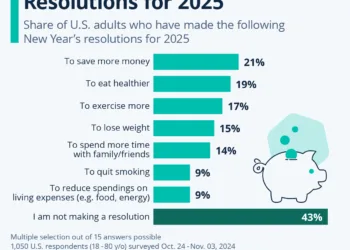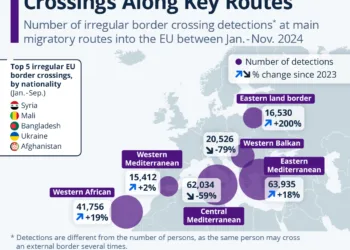Understanding the Landscape of Veteran Homelessness in the U.S.
The Challenge of Veteran Homelessness
Homelessness among veterans has been a persistent issue in the United States, often stemming from a complex interplay of factors that complicate their transition to civilian life. Many veterans face significant challenges, including mental health issues such as post-traumatic stress disorder (PTSD), physical injuries, and a lack of adequate support networks. These challenges can inhibit their ability to secure stable employment, leading to economic hardship and, ultimately, homelessness.
Historical Context
In 2010, a troubling report from the U.S. Department of Housing and Urban Development (HUD) revealed that over 70,000 veterans were experiencing homelessness nationwide. This figure underscored the urgent need for effective interventions and support systems aimed at improving the lives of these individuals who have served their country.
Efforts to Address Veteran Homelessness
Government Initiatives
Since that alarming statistic, various federal and state initiatives have been implemented to combat the issue of veteran homelessness. One of the most notable efforts is the collaborative program between the U.S. Departments of Veterans Affairs (VA) and Housing and Urban Development (HUD).
The HUD-VASH Program
The HUD-VASH program has emerged as a beacon of hope for many veterans facing homelessness. By combining Housing Choice Vouchers with VA supportive services, this program helps veterans not only find permanent housing but also provides them with the necessary resources to maintain that housing successfully.
- Rental Vouchers: These vouchers assist veterans in covering a significant portion of their rent, making housing more affordable and accessible.
- Supportive Services: Beyond financial assistance, the program connects veterans to essential services, including healthcare and counseling, which are crucial for addressing the underlying issues contributing to their homelessness.
Financial Backing and Impact
The success of the HUD-VASH program has been bolstered by substantial funding from Congress. With billions allocated over the years, the program has effectively diminished the number of homeless veterans by more than 50% since 2010. This accomplishment is a testament to how targeted government interventions, when coupled with adequate funding, can yield tangible improvements in the lives of vulnerable populations.
The Current State of Veteran Homelessness
Recent Trends
Despite the significant progress made over the last decade, reports indicate a slight uptick in homelessness rates among veterans in 2023. This increase is closely tied to the rising cost of living and housing shortages across many regions in the country.
The Impact of Rising Rents
As rent prices continue to soar, many veterans find themselves struggling to navigate the housing market. The economic pressures that accompany a lack of affordable housing options exacerbates the challenges they face, creating a more precarious situation for those already at risk of losing stable housing.
Looking Ahead
While the HUD-VASH program has been instrumental in reducing veteran homelessness, there is a continued need for innovative solutions and sustained funding. Addressing the rising costs of housing and ensuring veterans have access to comprehensive support services remains vital in the fight against homelessness.
The Importance of Continued Support
A Collective Responsibility
The issue of veteran homelessness is not solely the responsibility of the government; it requires a collective effort from various stakeholders, including non-profit organizations, community groups, and private citizens. By raising awareness and fostering partnerships, we can help enhance the support systems available to veterans re-entering civilian life.
Engaging the Community
Community engagement plays a crucial role in providing veterans with the support they need. Local organizations can offer resources such as job training, mental health services, and housing assistance, which are essential for addressing the multifaceted challenges these veterans face.
By ensuring that these support mechanisms are accessible and well-funded, we can work together to create a more stable future for veterans who have bravely served our nation.










